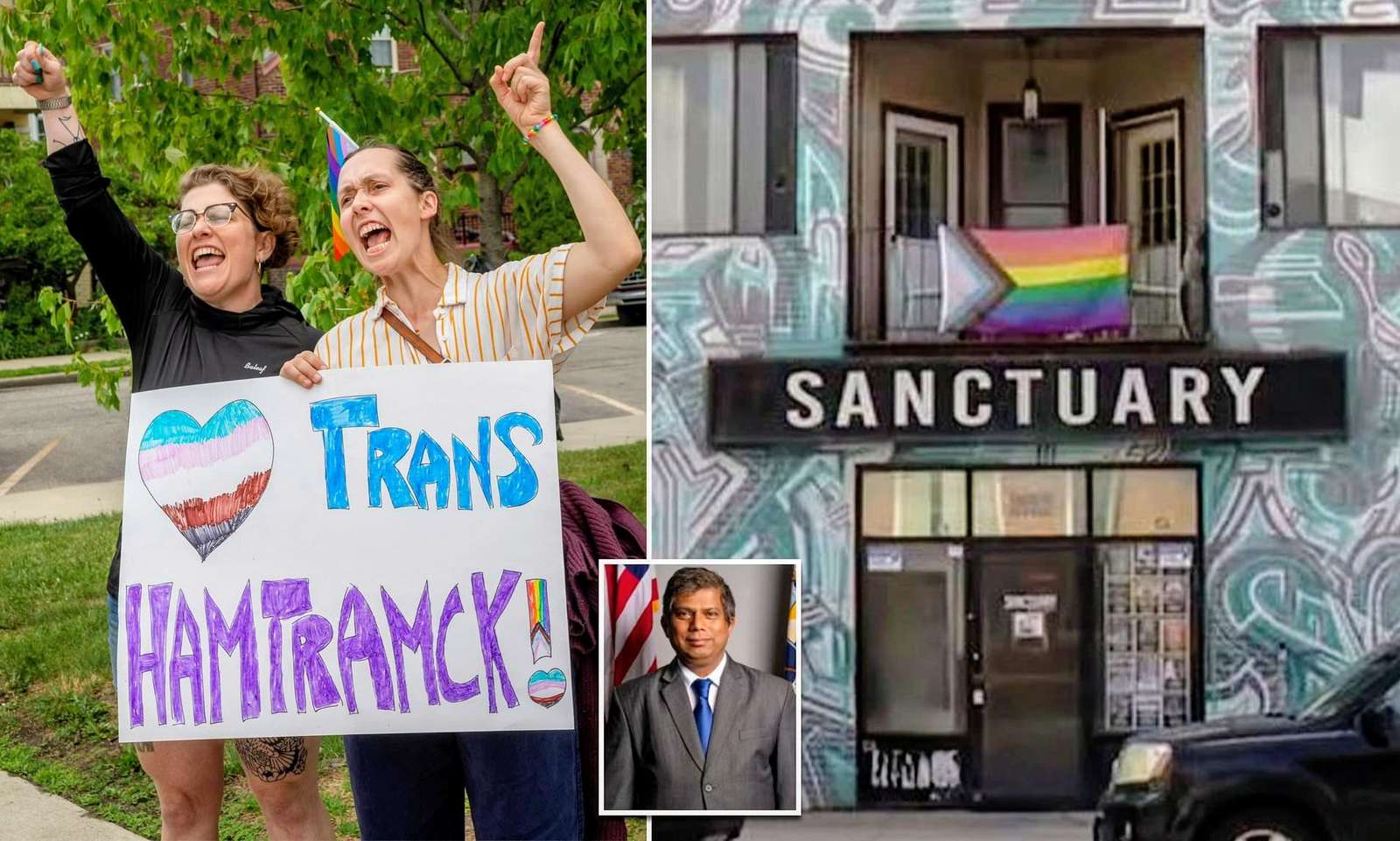Businesses across the UK, including shops and restaurants, may soon be legally required to accept cash payments, according to a recent report by the Treasury Committee. This move comes amid growing concerns that the rapid decline in cash usage is excluding vulnerable groups and creating a "two-tier society."
Key Findings and Concerns:
Exclusion of Vulnerable Groups: The Treasury Committee highlighted that many individuals, particularly those without bank accounts or those who prefer to manage their finances with cash, are being disadvantaged by the increasing number of businesses that refuse to accept cash.
Decline in Cash Usage: Data indicates a significant drop in cash payments, from 51% in 2013 to just 12% in 2023. This trend is prompting fears that the UK is "sleepwalking" into a cashless society.
Resilience of Cash: The report also emphasized the importance of cash as a resilient payment method, particularly during bank outages or cyberattacks.
Inconsistent Data: MPs expressed concern that the government lacks accurate data on cash acceptance levels, making it difficult to assess the true extent of the problem.
Government Response: While the Economic Secretary to the Treasury stated in January 2025 that there are "no plans to regulate businesses to compel them to accept cash," the Treasury Committee suggests this may need to be reconsidered in the future.
Potential Legislation: The committee's report indicates that there may come a time when the Treasury will need to mandate cash acceptance if those who rely on physical cash are not adequately supported.
Impact on South Asian Corner Shops and Small Businesses:
South Asian-owned corner shops and small businesses, which often serve diverse communities, could be significantly affected by these potential new rules. These businesses play a vital role in providing essential goods and services, and many cater to customers who prefer or need to use cash.
Customer Base: Many customers of these shops, particularly elderly individuals, those on lower incomes, and those from certain cultural backgrounds, prefer to use cash. A ban on cashless businesses would ensure they can continue to serve their entire customer base.
Community Role: Corner shops often act as community hubs, and accepting cash helps maintain inclusivity and accessibility for all residents.
Operational Costs: While some businesses prefer cashless transactions due to reduced cash management costs and perceived efficiency, accepting cash allows them to cater to a broader range of customers.
Potential Challenges: Enforcing new regulations could present logistical challenges for smaller shops and may require additional staff training.
The Road Ahead:
The Treasury Committee is urging the government to improve its monitoring of cash acceptance levels and to be prepared to legislate if necessary. The situation is evolving, and it remains to be seen whether the UK will follow the lead of other countries like France and Spain, which have already implemented laws to protect the right to use cash.




_3.jpg)



.svg)




_2.jpg)